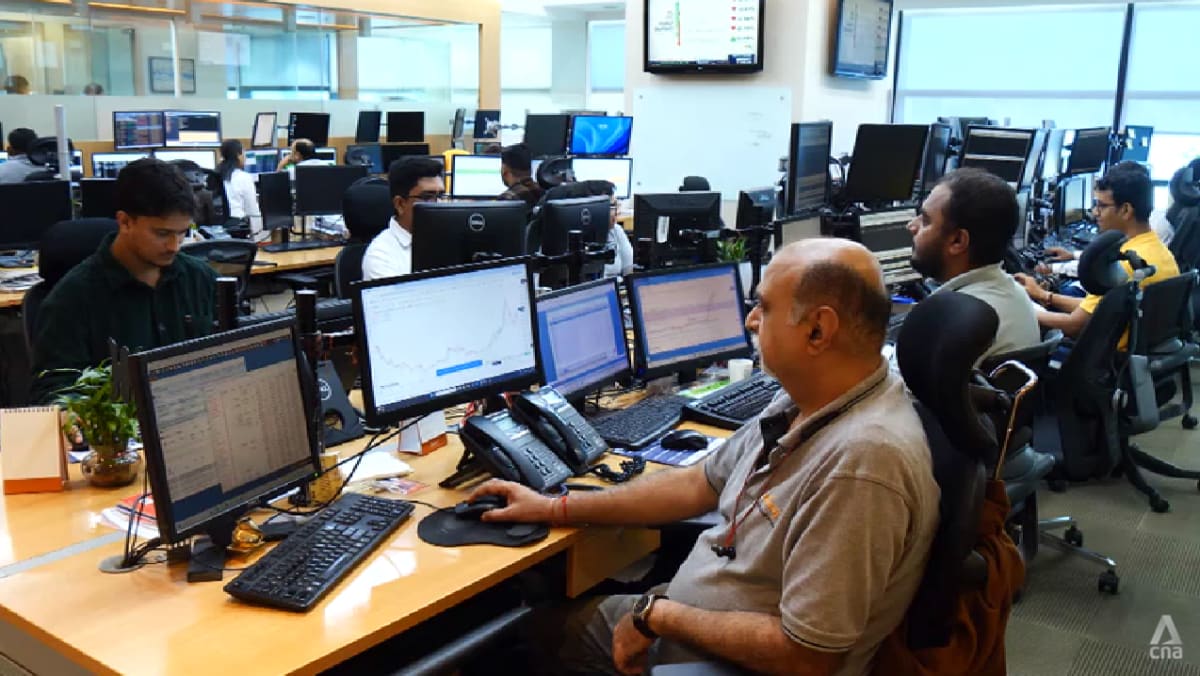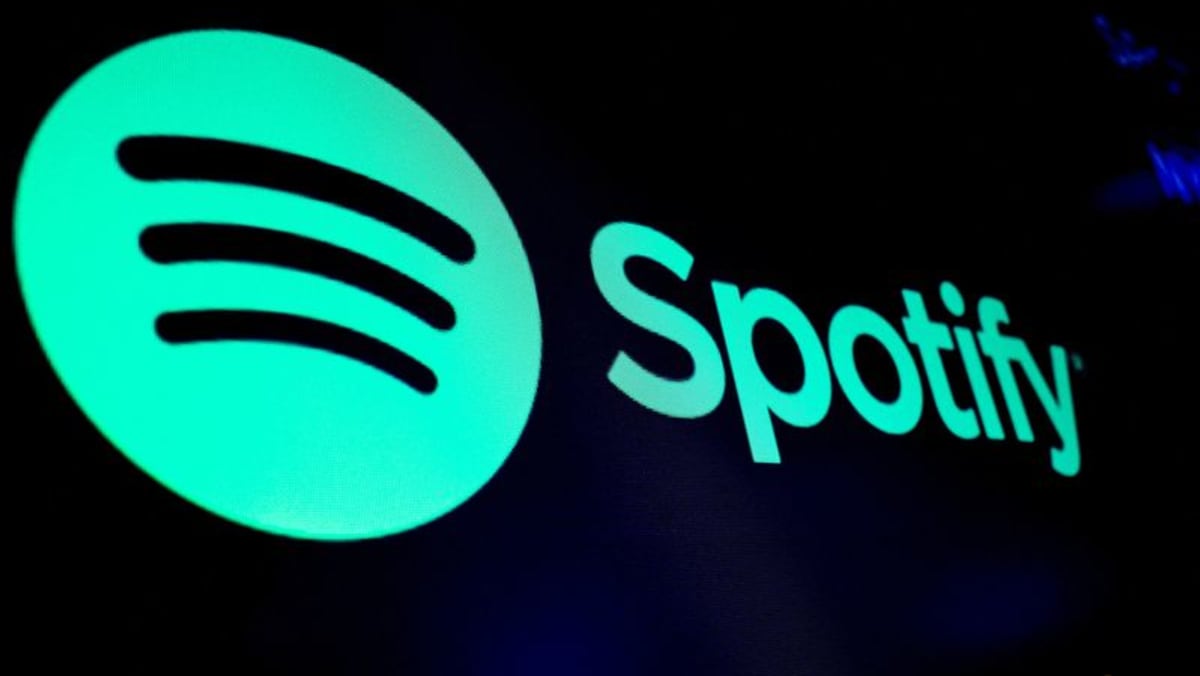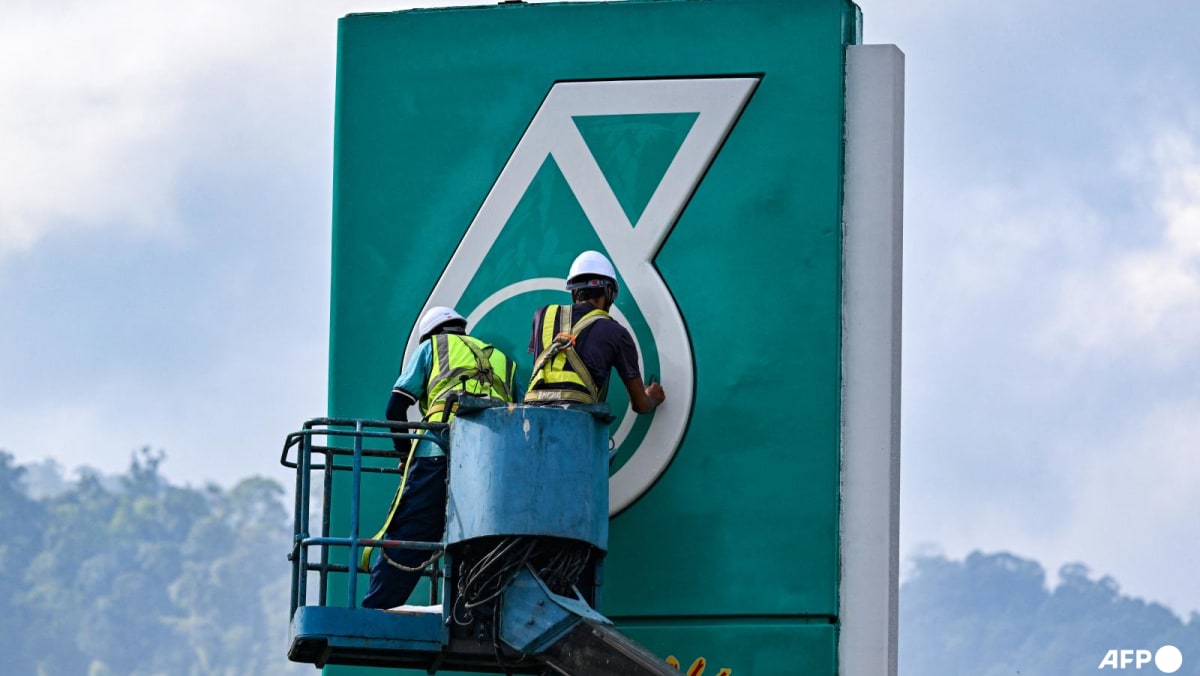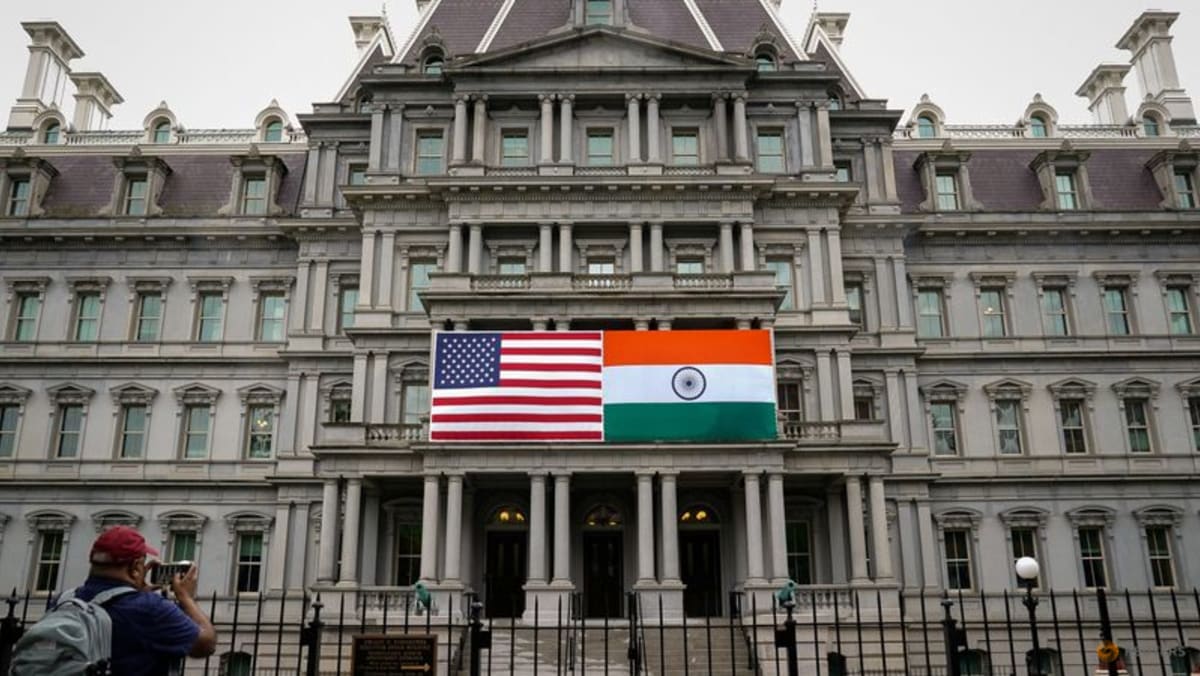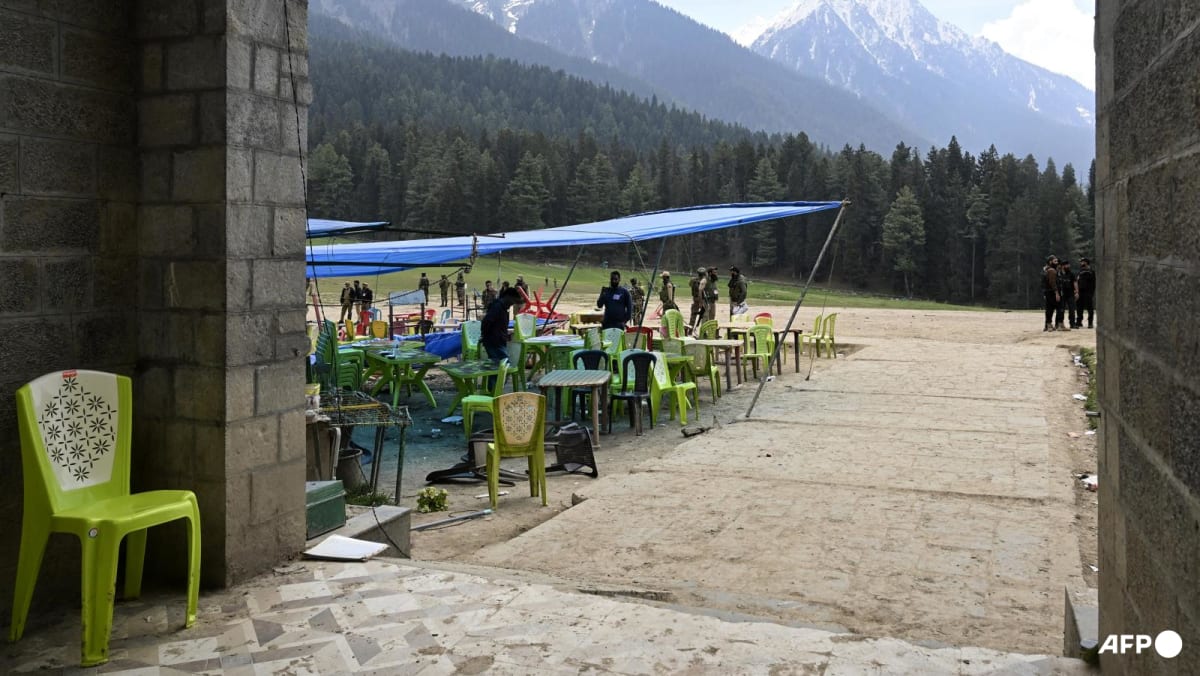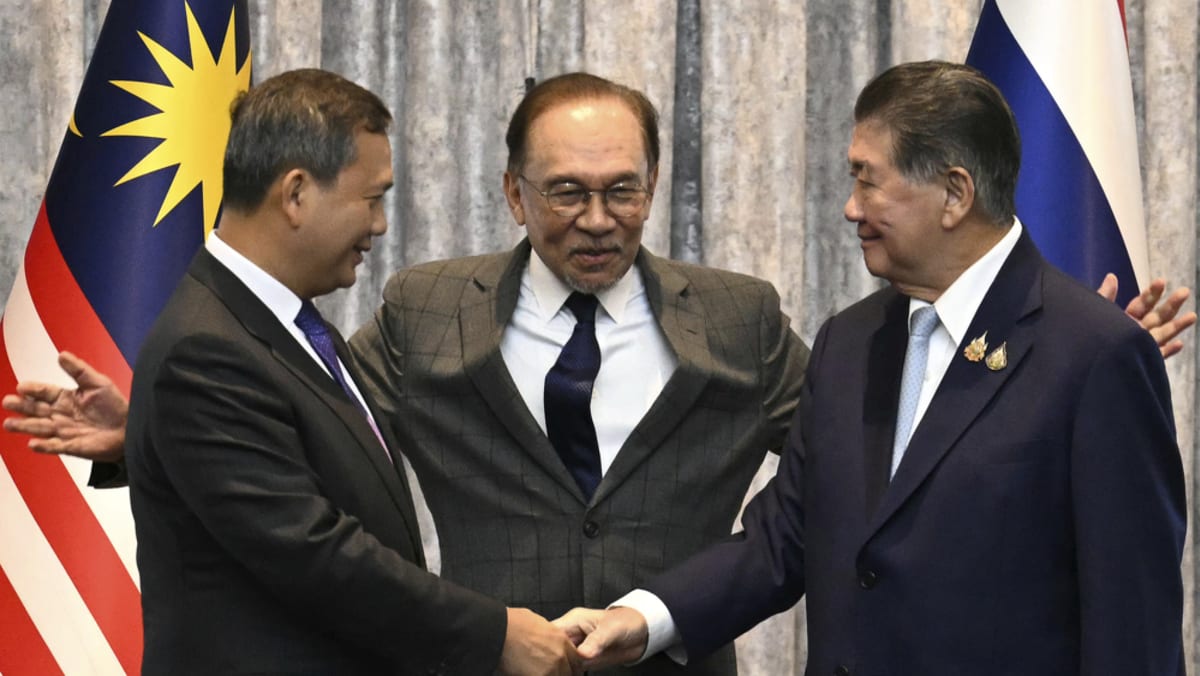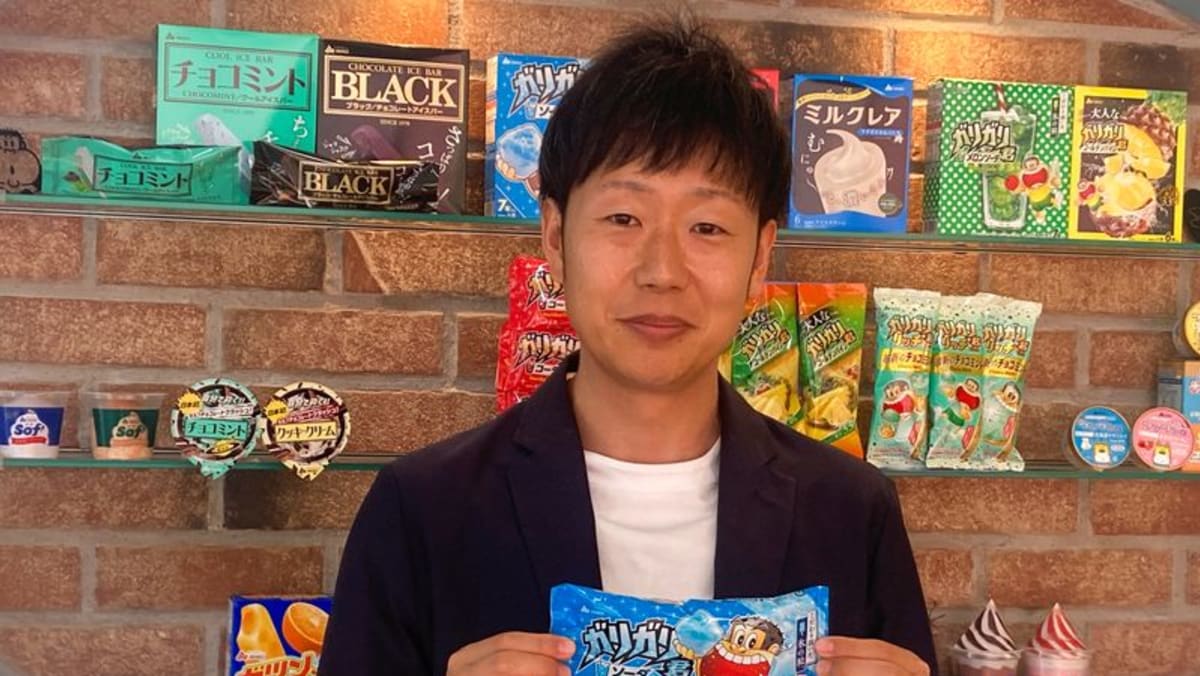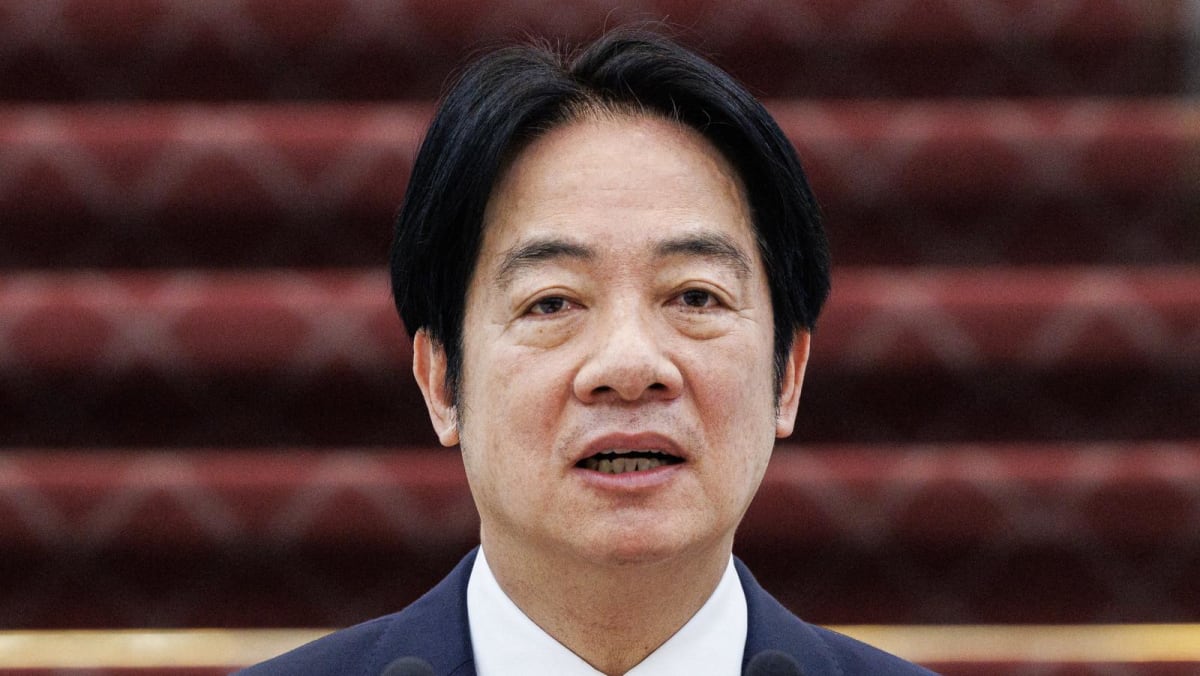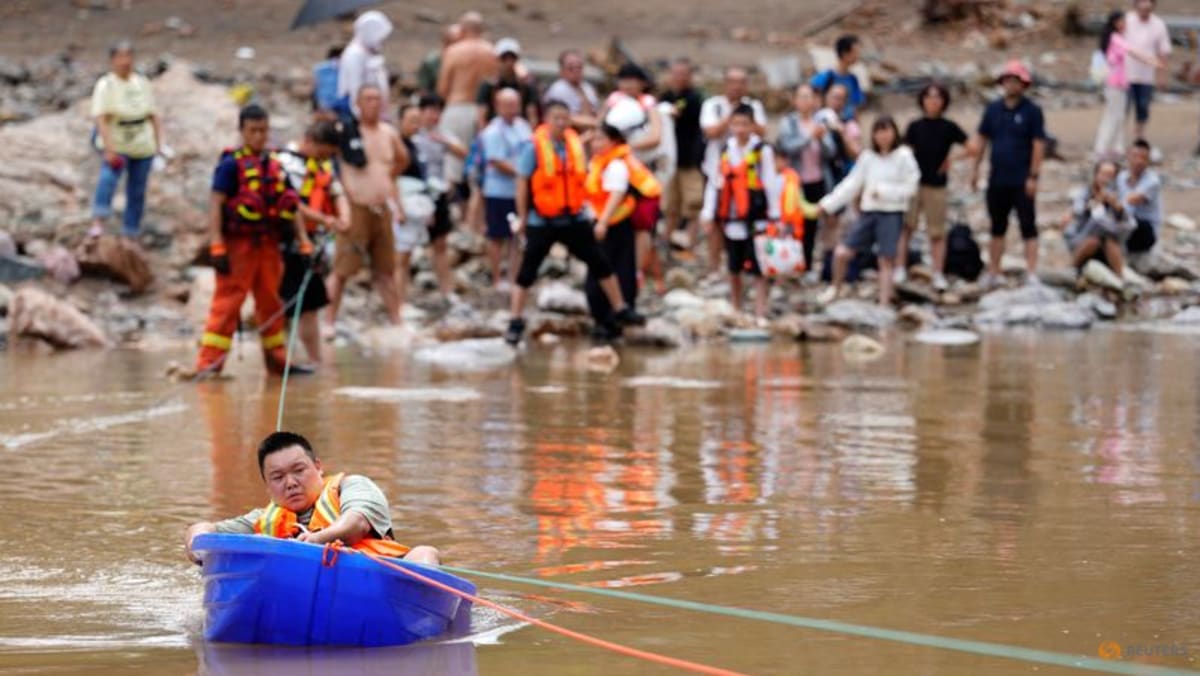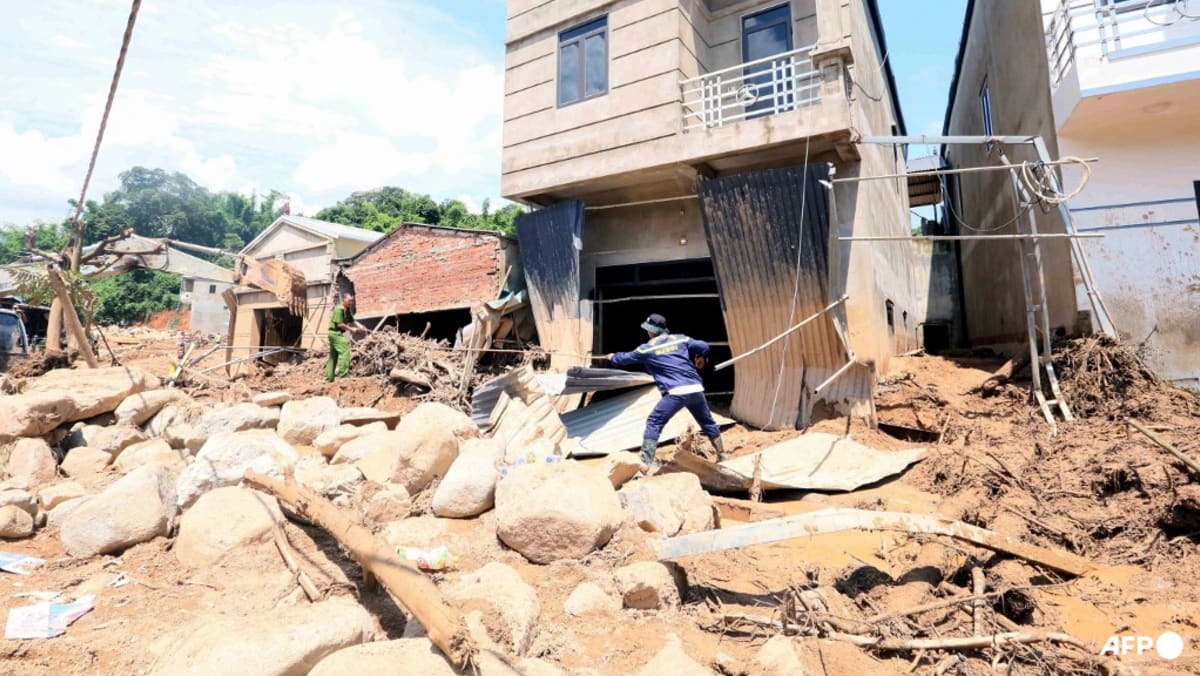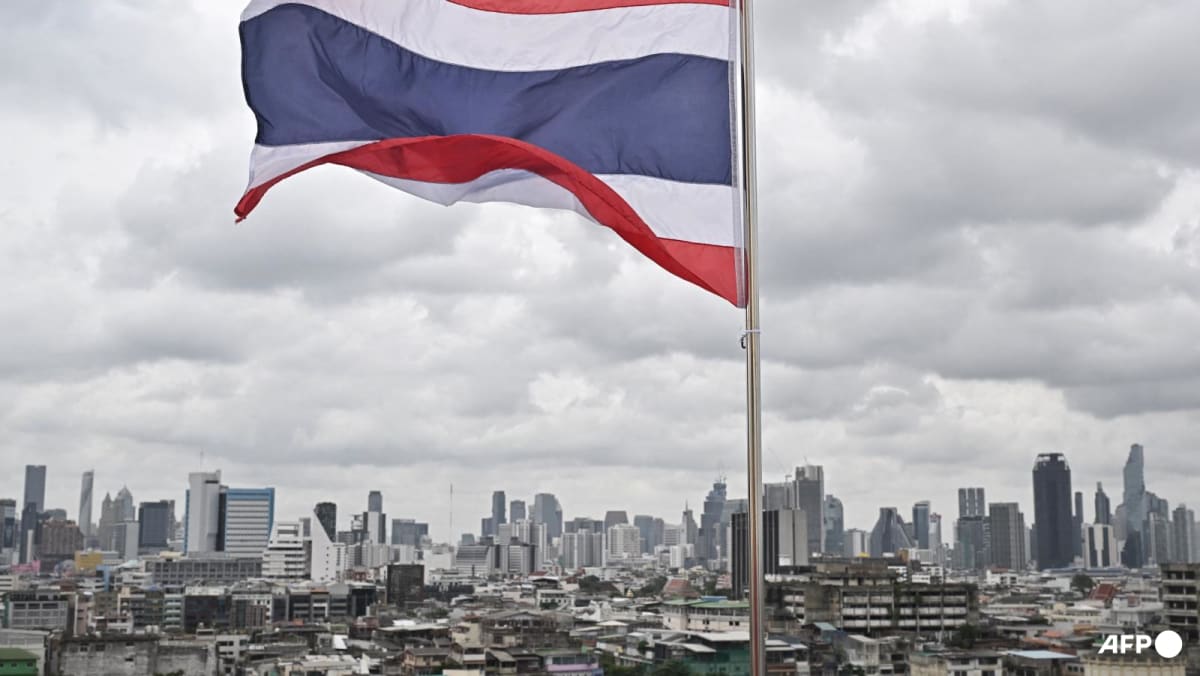KUALA LUMPUR: The Sarawak state government has accused national oil corporation Petroliam Nasional Bhd (Petronas) of flouting its laws, deepening a worsening spat that has already triggered foreign investor disquiet in a sector key to the Malaysian economy.
Sarawak’s Utility and Telecommunications Ministry issued a letter on Wednesday (Apr 30) to Petronas Carigali Sdn Bhd, a wholly owned subsidiary of the Malaysian oil giant, stating that it was operating the coastal Miri Crude Oil Terminal (MCOT) facility in the state without a licence, as required under Section 7(e) of its Distribution of Gas Ordinance.
According to the unsigned letter addressed to Petronas Carigali’s Senior General Manager that was seen by CNA, Petronas Carigali has been given 21 days to obtain a licence or risk being slapped with an undisclosed financial penalty by the Sarawak state government.
The letter also referred to three earlier correspondences – first in December 2023, then in February and August last year – suggesting that the licensing issue at the terminal has been brewing for some time.
Section 7(e) of the Distribution Gas Ordinance stipulates that any “operator of a building, managing or maintaining gas pipeline or other apparatus or equipment or mechanism for the distribution of gas” must be licensed.
In response to CNA’s queries, Petronas confirmed that its subsidiary had received notices from the ministry “regarding gas processing and distribution”.
Sarawak’s move was first reported on Friday by Malay language daily Utusan Malaysia.
Senior industry executives with close ties with the oil giant noted that the latest Sarawak directive was tantamount to an open challenge by the state to the decades-old monopoly Petronas has held since it was incorporated under a parliamentary statute in 1974 known as the Petroleum Development Act or PDA.
The PDA, among other things, decrees that the national oil corporation is the sole guardian of the nation’s hydrocarbon reserves.
Petronas told CNA that its subsidiary is “statutorily authorised” under the PDA to “undertake the company’s activities and comply with all applicable laws in doing so”.
“While we respect the aspirations of the state of Sarawak, Petronas also has a duty to uphold this PDA 1974 and safeguard national interests,” it said.
Sarawak, with probable and proven reserves of petroleum representing 60.87 per cent of Malaysia total reserves and accounting for 90 per cent Malaysia’s liquified natural gas (LNG) exports, is insisting that PDA does not apply to the state.
It also wants greater control over its resources through wholly owned subsidiary Petroleum Sarawak, or Petros.
TIT FOR TAT
Industry executives are puzzled why Sarawak has trained its guns on MCOT, a facility that the Malaysian state-oil corporation has been operating since 1988, in its increasingly protracted dispute with Petronas.
MCOT is located along the Miri coast in Sarawak. The facility acts as a hub for receiving and storing crude oil and natural gas from offshore Sarawak fields before they are transported for refining and other purposes.
Several have suggested that this was a tit for tat move following allegations that Petros may have engaged in corporate espionage to secure some form of leverage in its face-off with Petronas.
Former Petronas manager Khairul Akmal Jasni pleaded not guilty in a Sessions Court in Kuala Lumpur on Apr 18 to charges that he had attempted to leak highly confidential information in June last year on the national oil corporation’s inner workings to Petros.
Cases of corporate spying are extremely rare in Malaysia and the allegations that Khairul had sought to share a document titled “Q1 2024 Upstream Business Performance, Operational & Financial” has put Petros and the state government headed by Premier Abang Johari Openg in an awkward situation.
Abang Johari’s state government is a crucial ally in Prime Minister Anwar Ibrahim’s coalition government and the rising tensions with Petronas have strained federal-state ties, analysts have noted.
In its reply to CNA’s queries, Petronas said that it will continue to engage and work with the federal government, Sarawak state government and Petros in “exploring future arrangements to ensure regulatory clarity and operational continuity for the benefit of the industry, state, and nation as a whole”.
“We are also committed to ensuring that the rights and interests of all parties, including end-consumers and investors, are addressed accordingly,” it added.
FOREIGN INVESTOR UNEASE
As recently reported by CNA, the confrontation over the control of hydrocarbon resources in the state has also stirred foreign investor unease in the oil and gas sector.
In a little-publicised surprise move last month, US oil giant ConocoPhillips decided to withdraw from operating the Salam-Patawali deepwater oil and gas field that the company discovered in 2018 with Petronas in a 50-50 joint-venture that was expected to cost RM13.7 billion (US$3.13 billion).
Industry executives noted that the decision was party driven by the increasingly unstable regulatory environment facing contractors operating in Sarawak.
Sarawak is disputing the overarching powers Petronas wields under the PDA and wants all the hydrocarbon reserves in the state to be regulated under a colonial-era Oil Mining Ordinance 1958 that stipulates that oil and gas resources found within 200 nautical miles of its waters belong to the state.
Both parties have tried to reach a compromise in talks that began sometime in April last year, but talks have broken down twice, with Petronas suspending all negotiations in December, according to executives from the national oil corporation.
